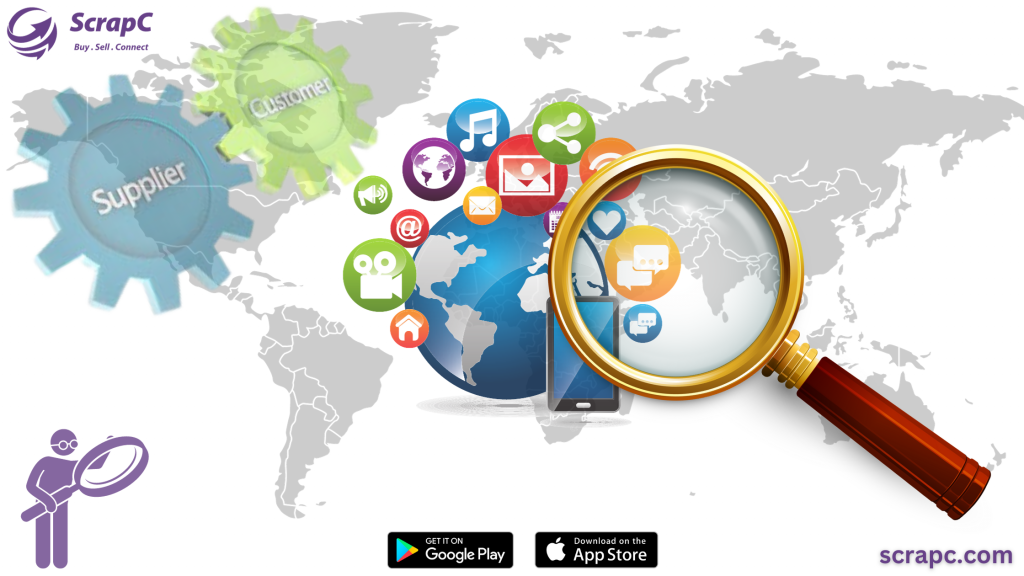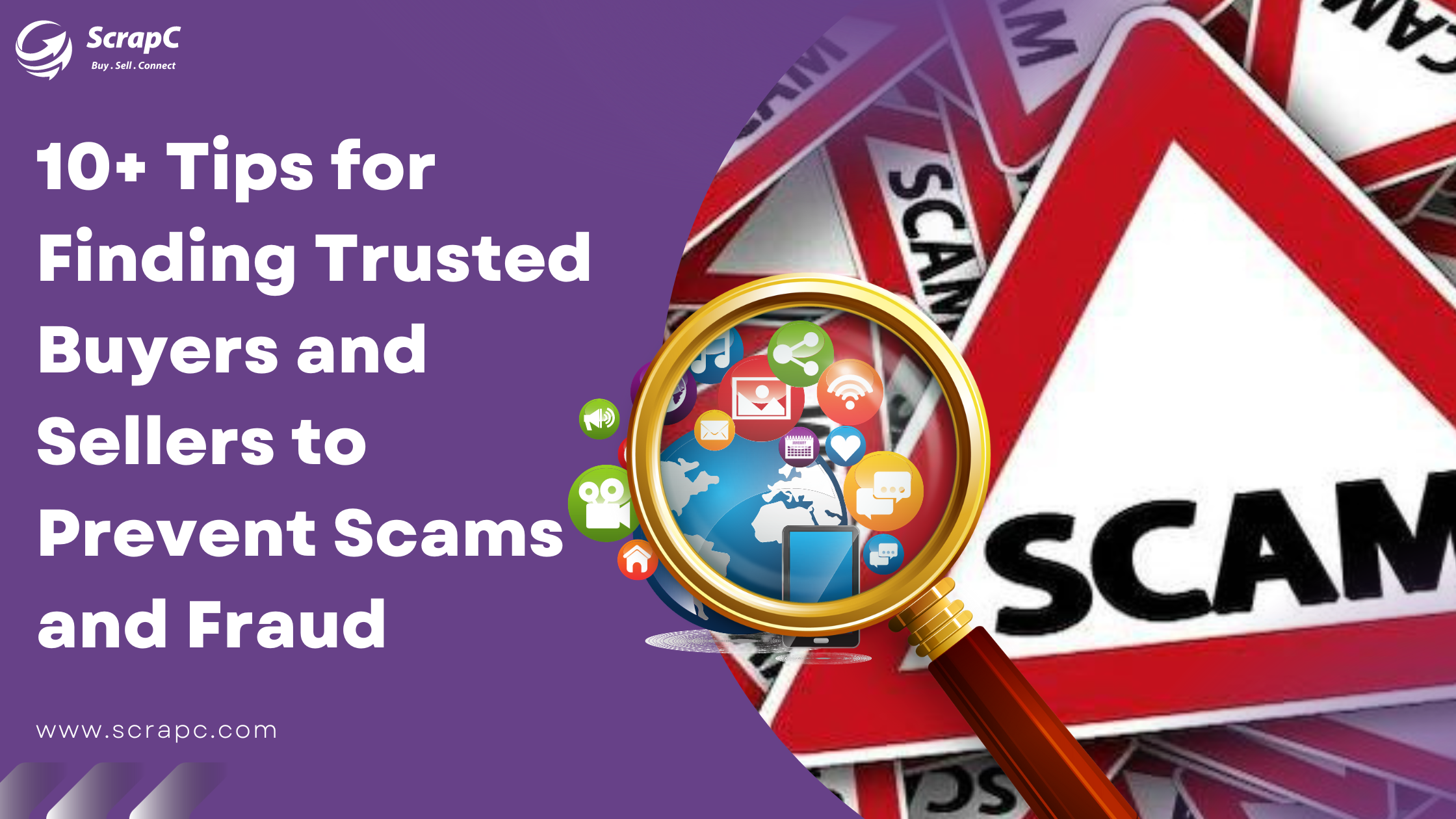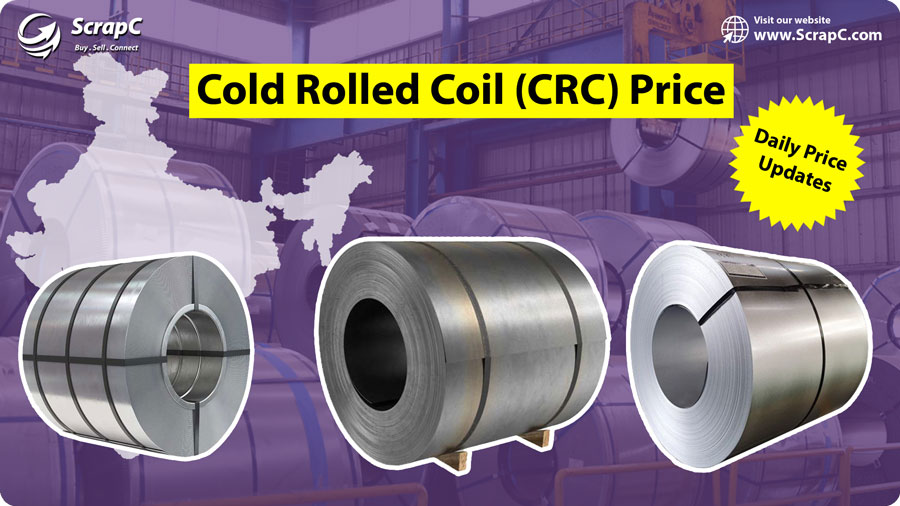In today’s global marketplace, finding the perfect overseas supplier is a crucial step for importers and buyers seeking quality products and reliable partners. However, the world of international trade is not without its pitfalls, as scams and fraudulent suppliers can pose significant risks to your business. To safeguard your interests and make informed decisions, it’s imperative to follow a systematic approach when choosing an overseas supplier.
This guide provides you with a comprehensive set of strategies and precautions to ensure that you select a trustworthy supplier and avoid potential scams. In an age of digital connectivity and global trade, it’s essential to thoroughly vet your overseas suppliers to protect your investments and maintain the integrity of your business relationships.
From scrutinizing their digital footprint to verifying their business registration, examining social media engagement, and assessing their import and export history, these steps are designed to minimize the risks associated with international trade. By following these guidelines, you’ll be better equipped to make informed decisions, build strong relationships with overseas suppliers, and, most importantly, protect your investments from potential scams and fraudulent practices.

How to Find Trusted Buyers and Sellers
1. Digital Footprint:
When researching potential suppliers, thoroughly investigate their online presence. Look for their website, social media profiles, and any other digital footprints to assess their credibility and legitimacy.
2. Ask for More Business Details:
Request detailed information from the supplier, including their business background, product catalog, certifications, and references from previous clients.
3. Social Media:
Examine the supplier’s social media activity and engagement. Active and transparent social profiles can indicate a reputable supplier.
4. Other Product Image Photos / Video:
Ask for additional images and videos of their products and facilities to ensure they match the quality and quantity you desire.
5. Website:
Explore the supplier’s official website for product listings, company history, and contact details.
6. Buy and Seller Trade View:
Review the supplier’s track record in the industry and any reviews or feedback from past transactions.
7. Company Register Data:
Verify the supplier’s business registration data to confirm their legal status. Click to Check
8. Import and Export Data:
Analyze their import and export data to understand their experience and capacity.
9. Extremely Low Prices
Be careful of prices that seem too good to be true, as they may indicate a potential scam.
10. Immediate Negotiation:
Engage in negotiations promptly to build a solid business relationship and identify any red flags early on.
11. Phone Number, Telephone Number, Landline Number:
Ensure that the supplier has a valid phone number, including a landline, for direct communication.
12. Ask For Product Sample:
Request product samples to assess quality and authenticity before making a bulk order.
13. Import Export License:
Verify the supplier’s import and export licenses to confirm their compliance with international trade regulations.
14. Chamber of Commerce Register:
Check if the supplier is registered with the local Chamber of Commerce, a sign of their legitimacy.
15. IBAN Number, Payment Options:
Cross-verify their IBAN (International Bank Account Number) and explore available payment options. For added security, use Google to obtain their bank and branch details. Click To Check
16. Agent Involvement:
If an agent is involved in the transaction, make payments directly to the registered company. Ensure you have a confirmed account number.
17. Confirm Signature and Paper Document Signature:
Secure all agreements with clear and confirmed signatures on both digital and paper documents.
18. Logistics and Insurance:
Determine who is responsible for logistics and confirm the existence of insurance coverage to protect your shipment.
19. Don’t Impress Outsider Callers with Number:
Be careful about sharing your supplier’s contact details with outsiders to prevent unsolicited calls and potential scams.
20. International Europe-to-Europe Trade:
If you are involved in international trade within Europe, understand the regulations, including the 30-day product return policy with full payment.
In conclusion, safeguarding your business in the global marketplace requires a meticulous approach to selecting overseas suppliers. By following the comprehensive steps outlined in this guide, from scrutinizing their digital footprint to verifying legal registrations and assessing product quality, you can minimize the risks associated with international trade. These precautions will help you make informed decisions, foster strong relationships with reliable partners, and protect your investments from potential scams and fraudulent practices. In today’s interconnected world, due diligence is key to maintaining the integrity of your business and ensuring its long-term success.
Disclaimer:
The comprehensive set of strategies and precautions outlined in this guide is intended to help you make informed decisions and minimize the risks associated with selecting an overseas supplier. While following these guidelines can significantly reduce the chances of encountering scams and fraudulent practices, it is important to note that we do not guarantee that applying these measures will entirely eliminate the possibility of fraud. You should exercise due diligence and use your best judgment when engaging in international trade to protect your investments and business interests.






